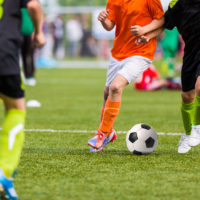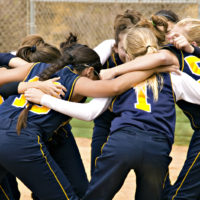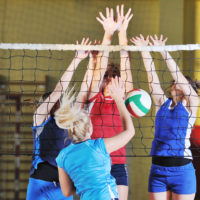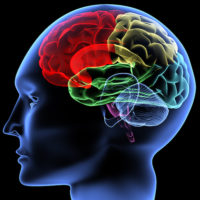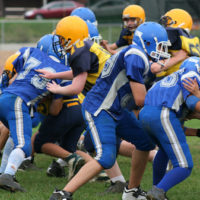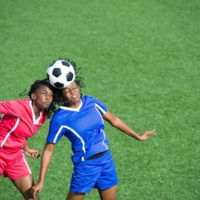Archive
Sports
Learn what to do after a suspected sports-related concussion or brain injury.
A Parent’s Key Role after a Child’s Concussion
Parents play a major role in identifying the effects of concussions in their daughters and sons, helping them manage symptoms, and supporting their recovery.
Be a Parent Advocate for Children and Youth Sports Concussions
Parents must communicate with the school after their son or daughter has a concussion to make sure that there are accommodations if needed during recovery.
Empowering Your Kids to Speak up About Concussions in Youth Sports
There are many reasons why kids do not report concussions. They must be educated about brain injuries, including concussions. They must be empowered to report to an adult any symptoms after a blow to the head, neck, or body that causes neurological symptoms (like dizziness, headache, or confusion). Removal from the sport or activity followed by evaluation by a licensed healthcare provider should be expedited.
Talk to Your Kids About the Concussion Risk of Collision Sports
Children and adolescents must understand that if they have any symptoms after a blow or jolt to the head or neck they must stop immediately and get help from an adult.
What is ImPACT for Concussion and Who is It For?
The Immediate Post-Concussion Assessment and Cognitive Test (ImPACT), an FDA-approved computerized tool for evaluating people with a suspected concussion, is not a stand-alone diagnostic tool. A comprehensive evaluation that includes additional cognitive testing, a physical examination, and a care plan are necessary.
Concussion and Youth Football: What’s the Score?
Over a million youth ages 6-12 and 1.5 million age 12 to 17 play football, the most dangerous sport in America. Prevention efforts cannot take away all the risk.
The Consequences of Concussions Are Not Necessarily “Mild”
Caroline had a sports-related concussions on the soccer field. Immediate removal from a game or practice after a suspected concussion should be followed by a medical evaluation. Death and disability from second impact syndrome can be prevented with adherence to guidelines and laws enacted in all states and the District of Columbia.
Keep up to date
Get updates on the latest in concussion, brain health, and science-related tools from Dr. Elizabeth Sandel, M.D.
By clicking SIGN UP, you agree to receive emails from Dr. Sandel and agree to our terms of use and privacy policy.

